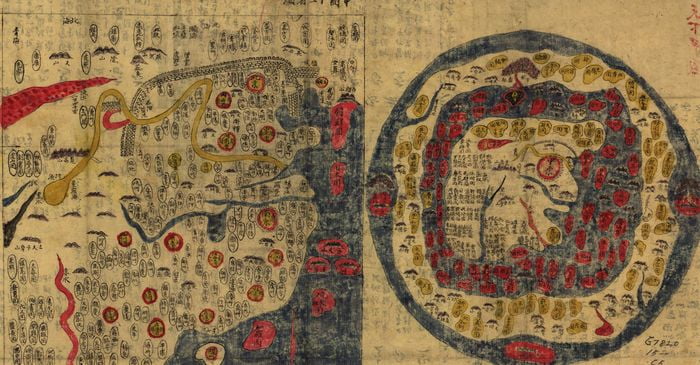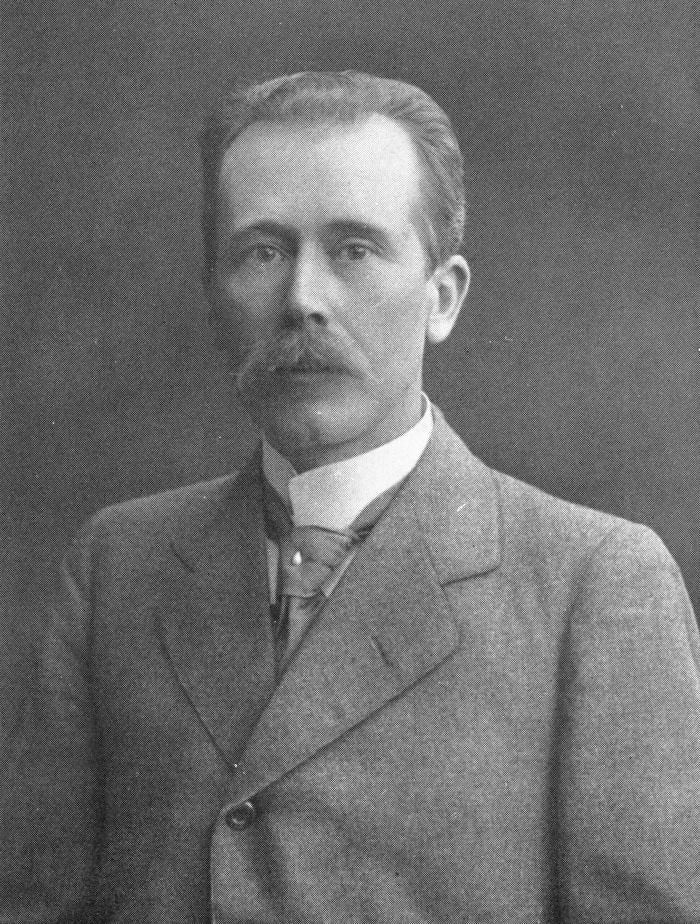China
Introduction
Chinese literature is one of the oldest, most varied, and extensive in the world, but though it includes a vast number of works on philosophy, religion, medicine, poetry, and the drama, it is comparatively poor in the realm of pure fiction, the novel and the short story. It appears that the narrative, related for its own sake alone, was held in contempt.
There are, however, two outstanding exceptions, in the form of col-lections of brief tales. Of these the first is the Kin-Kou-Ki-Kuan, or Marvelous Tales, Ancient and Modern, some forty short stories by a number of anonymous writers, brought together some time during the Fifteenth Century A.D. The other is the Liao-Chai-Chih-I, or Strange Stories from a Chinese Studio, edited by P`u Sung-Ling, who, though he did not write the stories, has been accorded a rank among the “immortal” writers of his land, doubtless because of the distinctly moral taste which governed his choice. P`u Sung-Ling lived during the brilliant Seventeenth Century, and since his day there has been very little added to the art of story-telling by the Chinese.
The Story of Ming-Y (Anonymous: 15th Century A.D., or before)
The Story of Ming-T is one of the most celebrated of the Marvellous Tales, Ancient and Modem; it appeals strongly to the Occidental because of the element of romance in it, and because it is without that didacticism that for us mars many otherwise charming Chinese stories. Yet even here the writer evidently feels it incumbent upon him to draw a moral.
This story is translated by Lafcadio Hearn, and appears in the volume Some Chinese Ghosts, copyright 1906 by Little, Brown and Company, by whose permission it is here reprinted.
The Story Of Ming-Y (From Marvellous Tales, Ancient and Modern)
Five hundred years ago, in the reign of the Emperor Houng-Wou, whose dynasty was Ming, there lived in the city of Genii, the city of Kwang-tchau-fu, a man celebrated for his learning and for his piety, named Tien-Pelou. This Tien-Pelou had one son, a beautiful boy, who for scholarship and for bodily grace and for polite accomplishments had no superior among the youths of his age. And his name was Ming-Y.
Now when the lad was in his eighteenth summer, it came to pass that Pelou, his father, was appointed Inspector of Public Instruction at the city of Tching-tpu; and Ming-Y accompanied his parents thither. Near the city of Tching-tou lived a rich man of rank, a high commissioner of the government, whose name was Tchang, and who wanted to find a worthy teacher for his children. On hearing of the arrival of the new Inspector of Public Instruction, the noble Tchang visited him to obtain advice in this matter; and happening to meet and converse with Pelou`s accomplished son, immediately engaged Ming-Y as a private tutor for his family.
Read More about The Bell of Atri part 1








